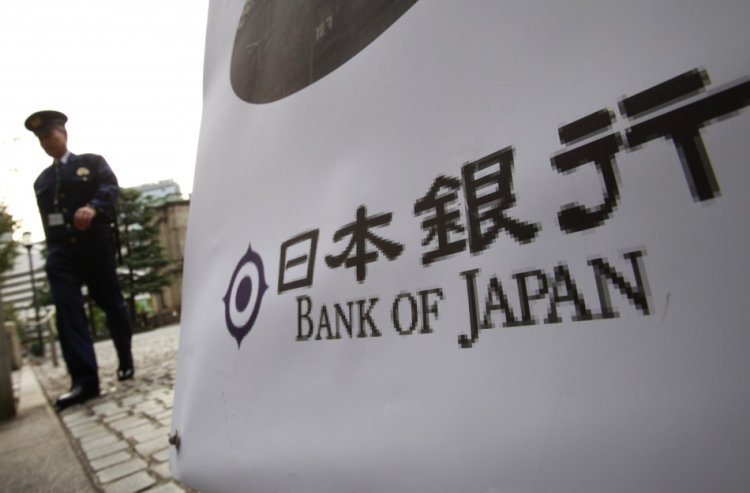Bank of Japan Governor Signals Caution on Further Rate Hikes
The Bank of Japan (BOJ) is in no hurry to raise interest rates further, according to Governor Kazuo Ueda, who emphasized the need for a cautious and measured approach to monetary policy. Speaking to business leaders in Osaka on Tuesday, Ueda indicated that the central bank would carefully monitor both domestic and global economic conditions before making any further adjustments.
Ueda reaffirmed that the BOJ remains committed to its inflation target of 2%, and would consider raising interest rates only if inflation trends clearly accelerate toward that goal. Currently, Japan's inflation rate has been hovering near the target, but Ueda stressed that uncertainties, such as volatile global markets and the potential for an economic slowdown in major economies, particularly the United States, call for a more cautious policy stance.
“We need to ensure our decisions are timely and appropriate, without adhering to any fixed schedule,” Ueda said, pointing to the ongoing risks that could affect the BOJ’s outlook. “There are various uncertainties, such as the future trajectory of global markets and whether the U.S. economy can achieve a soft landing,” he added. These comments suggest that the BOJ is keen to avoid prematurely tightening monetary policy, which could risk destabilizing Japan's fragile economic recovery.
The yen’s performance has also influenced the BOJ’s cautious stance. After months of depreciation, the yen began to stabilize in August, easing inflationary pressure from higher import prices. This reversal has alleviated some of the risks of an inflation overshoot, allowing the central bank to maintain its near-zero interest rate policy for now. Ueda acknowledged that the recent shift in the yen’s value has lowered the urgency of monetary tightening. "The yen’s one-sided declines have reversed since August, significantly lowering the risk of an inflation overshoot by moderating the rise in import prices," he noted.
The BOJ’s approach contrasts with that of other major central banks, such as the U.S. Federal Reserve and the European Central Bank, which have been more aggressive in raising rates to combat inflation. In Japan, however, inflation has been less persistent, and the country is still emerging from decades of deflationary pressure. Ueda’s comments suggest the BOJ remains committed to supporting growth, while also carefully balancing the need to manage inflation without stifling economic momentum.
One of the key challenges for Japan is the potential impact of external factors, particularly the global slowdown and ongoing risks in the U.S. economy. Ueda highlighted the uncertainty surrounding whether the U.S. could achieve a “soft landing” as it grapples with rising interest rates and inflation. The U.S. Federal Reserve has signaled more rate hikes ahead, which could influence global financial conditions and complicate the BOJ’s efforts to steer its own monetary policy.
In addition to external risks, Ueda warned of the potential for domestic financial market volatility, which could further delay any tightening measures. He stressed the importance of a flexible approach, emphasizing that the BOJ’s policy decisions would be based on real-time economic data rather than a predetermined timeline.
The BOJ’s cautious tone aligns with its longstanding ultra-loose monetary policy, which has included measures like yield curve control and negative interest rates. These policies have been in place for years to stimulate economic growth and combat deflation, and while inflation has begun to pick up in recent years, Ueda’s comments signal that the central bank is not yet ready to shift to a more hawkish stance.
In conclusion, Governor Kazuo Ueda’s remarks underscore the BOJ’s patient approach to monetary tightening, with the central bank opting to observe both domestic and international developments before taking action. While inflation remains a key focus, the BOJ is also keeping a close eye on global risks, particularly in the U.S., and the evolving strength of the yen, all of which will influence its future policy decisions.







